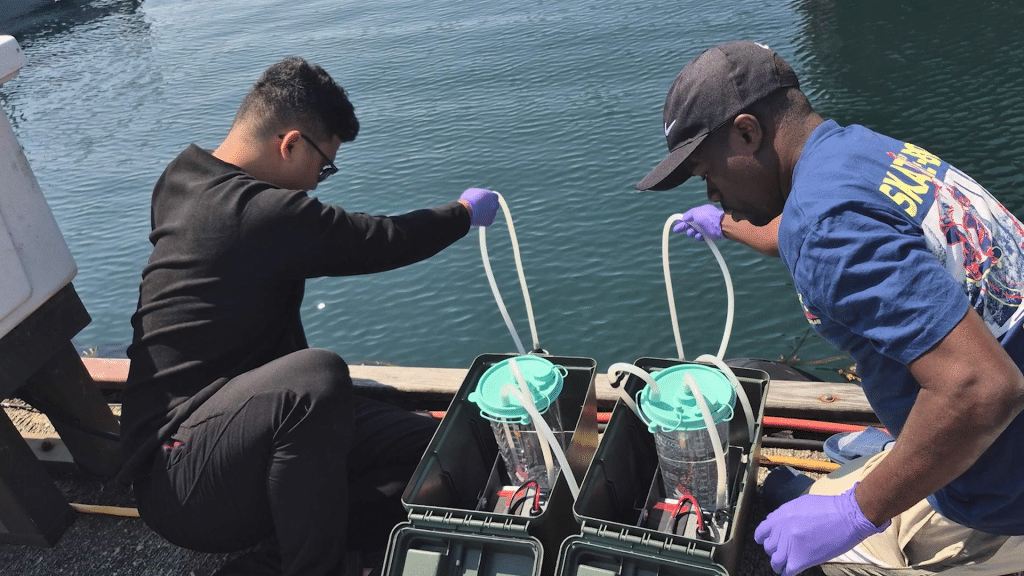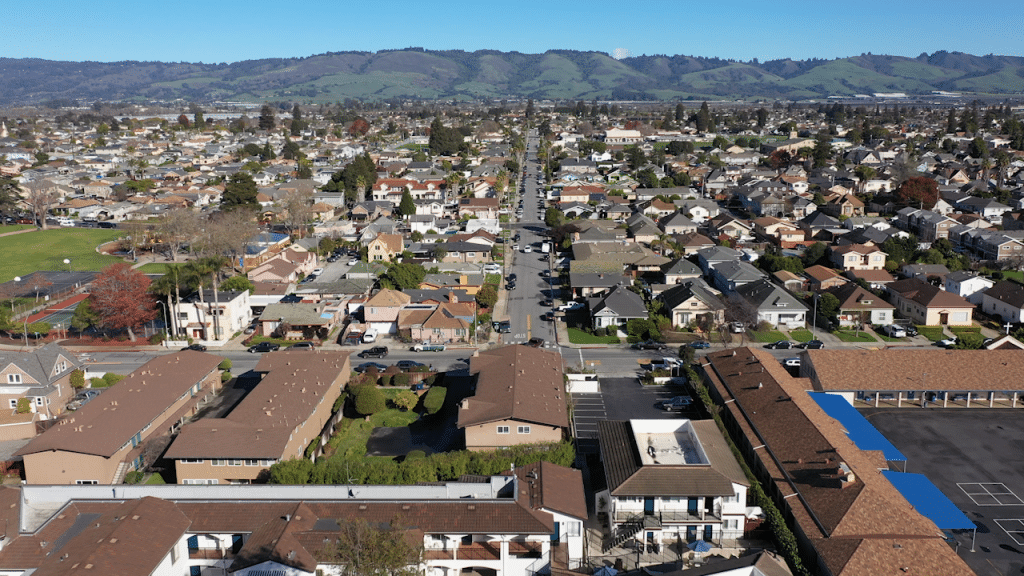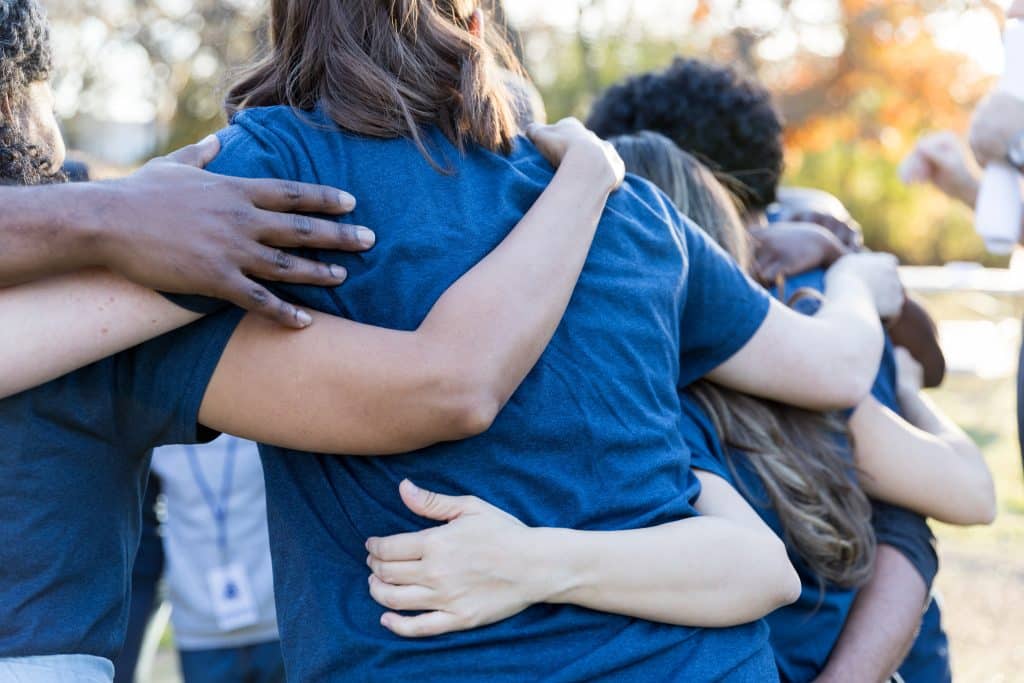Conversations about tropical forest protection often start far from the places where the work is rooted. But everything shifts when you sit with Indigenous community leaders who’ve been caring for their forests for generations.
On a recent visit to Malaumkarta, a coastal village in West Papua, Indonesia, I joined Packard Foundation colleagues to hear from Moi elders about what it means to protect tropical forests—not as policy, but as a way of life grounded in culture, tradition, and identity.
Their words carried clarity and urgency, underscoring a powerful truth: protecting tropical forests and supporting the communities who have long safeguarded them is one of the most immediate and effective ways to slow the climate crisis and shape a better future for us all.
My work in global climate and environmental policy has shown me the value of aligning efforts across governments, funders, and frontline leaders. But experiences like this one reaffirm that lasting solutions begin with local leadership, especially in places as critical to the climate as tropical forests.
Tropical forests absorb about 10 percent of global carbon emissions each year, regulate rainfall, and provide clean air, water, and food for hundreds of millions of people. They are essential for climate stability. Yet they are being lost at an alarming rate. In Indonesia alone, more than 600,000 acres of forests were lost last year–the size of Rhode Island. Deforestation causes about 15 percent of global emissions but is severely underfunded. Forest protection is cost-effective, available now, and already delivering results.
At the Packard Foundation, we believe one of the most effective and immediate ways to address the climate crisis is by protecting tropical forests and supporting the communities who have long cared for them. That’s why our Global Climate initiative invests in community-rooted strategies to halt and reverse tropical deforestation—led by those closest to the land.
A cornerstone of this work is our support for Forests, People, Climate (FPC), a global partnership that brings together donors, regional leaders, and civil society organizations in the Brazilian Amazon, the Congo Basin, and Indonesia—the world’s three largest tropical forest regions. FPC supports local leadership, securing land rights, and directing funding to the people protecting forests. This approach not only advances climate action, but also sustains livelihoods, strengthens community decision-making, and supports long-term stewardship of the land.
In Southwest Papua, for example, Indigenous communities secured legal recognition of more than 680,000 acres of their traditional forest—an area more than twice the size of Los Angeles. With support from Packard Foundation grantees, this milestone helps protect tropical forests that are vital to slowing climate change—and ensures the communities who have stewarded them for generations can continue to do so. Official recognition gives these communities the right to make decisions about their land, protect wildlife, and build a future that supports both their way of life and the planet.
The newly released FPC 2024 Annual Report reflects this growing momentum. The report states:
“FPC is built on the principle that lasting, transformative change is only possible through collective action. The progress we’ve made reflects the strength of our shared commitment and the power of the global community we’re building together.”
This community includes governments, funders, regional organizations, and the local leaders I met in Indonesia—people already advancing some of the most effective tropical forest climate solutions, often with limited support. This approach matters. It’s about resourcing what works and backing the people who have safeguarded these forests for generations.
This vision was just reinforced at London Climate Action Week, where government, Indigenous, philanthropic, and private sector leaders launched the London Call to Action. We support it because it reflects both the urgency of the moment and our commitment to community-led, evidence-based climate solutions. The Call to Action urges stronger land rights, inclusive decision-making, expanded climate finance, and long-term funding to Indigenous and community-led forest protection—reflecting our belief that those most affected by climate change must lead the way.
As we look ahead to COP30 as the next major United Nations climate summit, and the global decisions that will shape our climate future, I keep thinking about that visit to Malaumkarta. The leaders we met there aren’t waiting for permission to act—they’re already doing the hard work of protecting forests, sustaining their communities, and holding the line on climate. The question is whether the rest of us will follow their lead.





